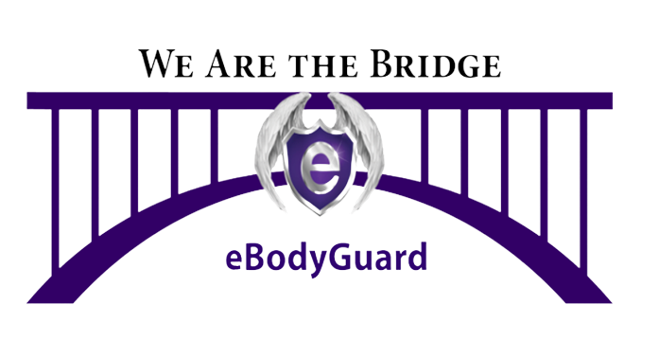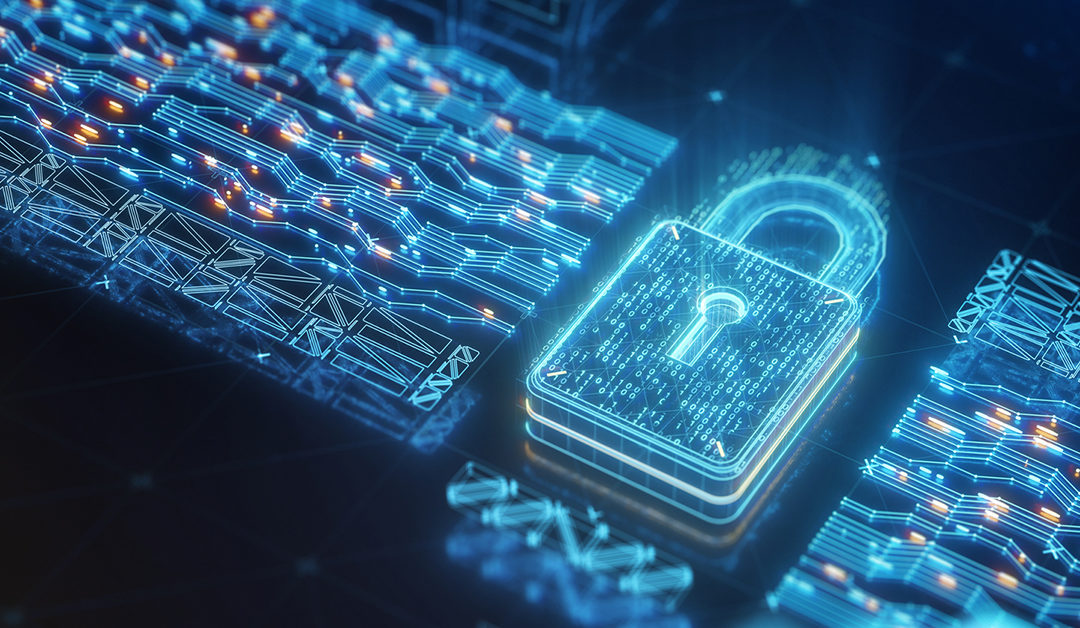Even before the pandemic, since the introduction of the iPhone, we have been presented with a tidal wave of choices for living in a digital world. You need to keep yourself and your entire family safe with your choices. It is very difficult to understand who an expert is and who can protect your data. The questions of “Is Big Brother watching?” and “Can I trust the Government?” are top of mind for many individuals.
According to a recent Gallup Survey released in early 2023, the number one non-economic concern of Americans is the leadership and lack of trust of the Government. https://news.gallup.com/poll/1675/most-important-problem.aspx
Here are some straightforward ways to keep you and your family digitally safe today.
Personally Identifiable Information (PII) and Your Safety
Every aspect of our lives is driven by data. The need to protect and secure this data is becoming increasingly critical. It’s especially important in domestic abuse, stalking or bullying situations. Abusers often take extreme measures to control their victims, including controlling their personal data.
What is PII?
Personally identifiable information (PII) is data that can be traced back to a specific person and that, if disclosed, could result in harm to that person. Threats include identity theft and disclosure of information that the individual would prefer remained private.
PII includes information such as:
- Name, address and phone number
- Social Security number (including the last four digits)
- Date of birth
- Credit card numbers
- Education records
- Financial records
- Criminal and employment histories
How do personal safety apps protect your PII?
Personal safety apps, for example, eBodyGuard, NNEDV’s Safety Net, Ohanalink, BeSafe, Noonlight, Prepared, Victim’s Voice, etc. require some form of PII for you to obtain a subscription.
Your privacy is not protected unless the company has made the investment of time and money in achieving and adhering to government compliance measures such as HIPAA[1], FERPA[2], COPPA[3] and FBI CJIS[4]. Companies that conduct interactions with government agencies are required to attain and maintain certain compliance measures to protect your security. Your privacy is only protected when the company’s back-end systems that store your information have stringent security measures in place.
Why does PII matter for your safety in domestic abuse and cyberbullying situations?
Domestic abusers, cyberstalkers and bullies quite often use your personal data to control you. If your abuser gains access to your PII, he or she can take over your accounts, control your access to your family, friends, financial institutions and track your location. Critical information includes your email, your social media, your photographs, calendar, Microsoft account ID, Apple ID, etc. Personal safety apps may provide many interesting features, but they won’t be able to support you in a domestic abuse situation if your PII falls into the wrong hands.
How can I protect my PII?
Here are some ways you can protect your PII from being used against you in a domestic abuse situation:
- Use only personal safety technology that keeps your PII secure. Check to see which government compliances they have achieved.
- Read the End User License Agreement (EULA), terms and conditions, and privacy policies that you are required to acknowledge before signing up.
- Do not share your login IDs and passwords such Apple ID, Google ID, email, etc.
- Do not share your technology such as laptops, phones, and tablets.
- Do not allow your significant other to set up your phone, device, laptop, or tablet.
- Shut down your laptop, tablet, and phone when not in use and keep them in a secure location.
How does eBodyGuard protect my PII?
eBodyGuard has built privacy and data security as its foundation across its People, Process, and Technology. We have a vendor-agnostic, forward-looking approach for protecting victim data in the criminal justice system, for cyber protection across the entire system, and for the sake of our national security.
Holding FBI CJIS, HIPAA, FERPA, and COPPA compliances means we may not sell, share or allow third party companies to access confidential information, sensitive information, unless the law supports their access to the information. Law Enforcement may only have access to data if a crime is committed and through appropriate criminal justice information processes.
To schedule your demo today for your community, reach out to contact@eBodyGuard.org
Download eBodyGuard Versatile(™) through the Apple and Google PlayStore by searching for eBodyGuard.
[1] Health Insurance Portability and Accountability Act of 1996(HIPAA) is a federal law that required the creation of national standards to protect sensitive patient health information from being disclosed without the patient’s
consent or knowledge.
[2] The Family Educational Rights and Privacy Act (FERPA) is a federal law that affords parents the right to have
access to their children’s education records, the right to seek to have the records amended, and the right to have some control over the disclosure of personally identifiable information from the education records
[3] Children’s Online Privacy Protection Act, applies to the online collection of personal information by persons or entities under U.S. jurisdiction about children under 13 years of age,
[4] FBI CJIS (Criminal Justice Information Services) is the term used to refer to all the CJI Criminal Justice Information provided data necessary for law enforcement agencies to perform their mission and enforce the laws, including but not limited to biometric, identity history, person, organization, property (when accompanied by any personally identifiable information), and case/incident history data. In many instances, accompanying victim and witness data also needs protection.

